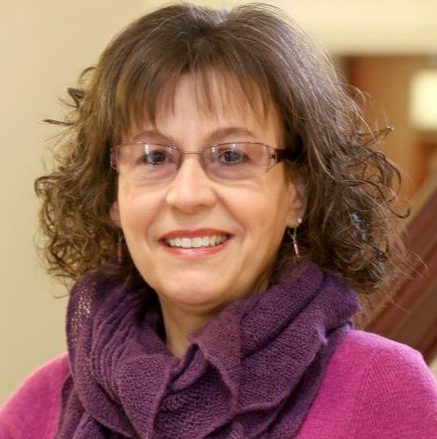Carol Weisse, Union College – Lessons Learned at the Bedside of the Dying
 On Union College Week: Death now often takes place outside the home.
On Union College Week: Death now often takes place outside the home.
Carol Weisse, professor of psychology, explores the impact of who treats the dying today.
Carol Weisse is professor of psychology and director of Health Professions at Union College. She is interested in ways of improving end of life care, including educating future healthcare providers in how to care for the dying at home.
Lessons Learned at the Bedside of the Dying
Over the last century, major shifts have occurred in the way people die, including where they die and who provides most of the care.
People used to die at home with family members, neighbors, and friends providing care. Today, most individuals die in institutionalized settings cared for by strangers despite wishes to remain at home with family.
One reason for this trend is the lack of caregivers who feel capable of providing end of life care in a home setting. My research has been examining ways of filling gaps in care by training college students as caregivers.
My colleagues and I are partnering with residential homes for the dying and placing students in these homes to serve as surrogate family members to hospice patients who do not have a caregiver system in place.
These special community-run homes offer a unique learning experience because each person’s death is expected and supported as a natural process, not as a medical crisis or failure.
Our goal is to help students understand the challenges of providing care when there is no cure and to promote skills needed to care for the dying.
Through students’ self-assessments and reflective journals, we measured empathy and comfort providing end of life care before and after an 8-week summer program where they served as caregivers to hospice patients in a home for the dying.
We found that while students expressed nervousness at the onset of the program, they became confident addressing both physical and emotional needs of patients over time. At the end of the program, students were more empathic; found more meaning in their own lives; and ultimately learned how to provide patients and families with what they really want: presence, reassurance, and an honoring of their choices.



As an elder senior, I respect and admire the program that Dr Weisse has described. My husband and I have visited a friend in one of these homes and found the environment to be comforting, both for the one dying and the family who can then spend quality time with their loved one. The opportunity for students to foster their care giving in such a surrounding will be a blessing to their patients once they become doctors. Thank you to Dr Weisse and all those who make this program a much needed element in our living and dying years.